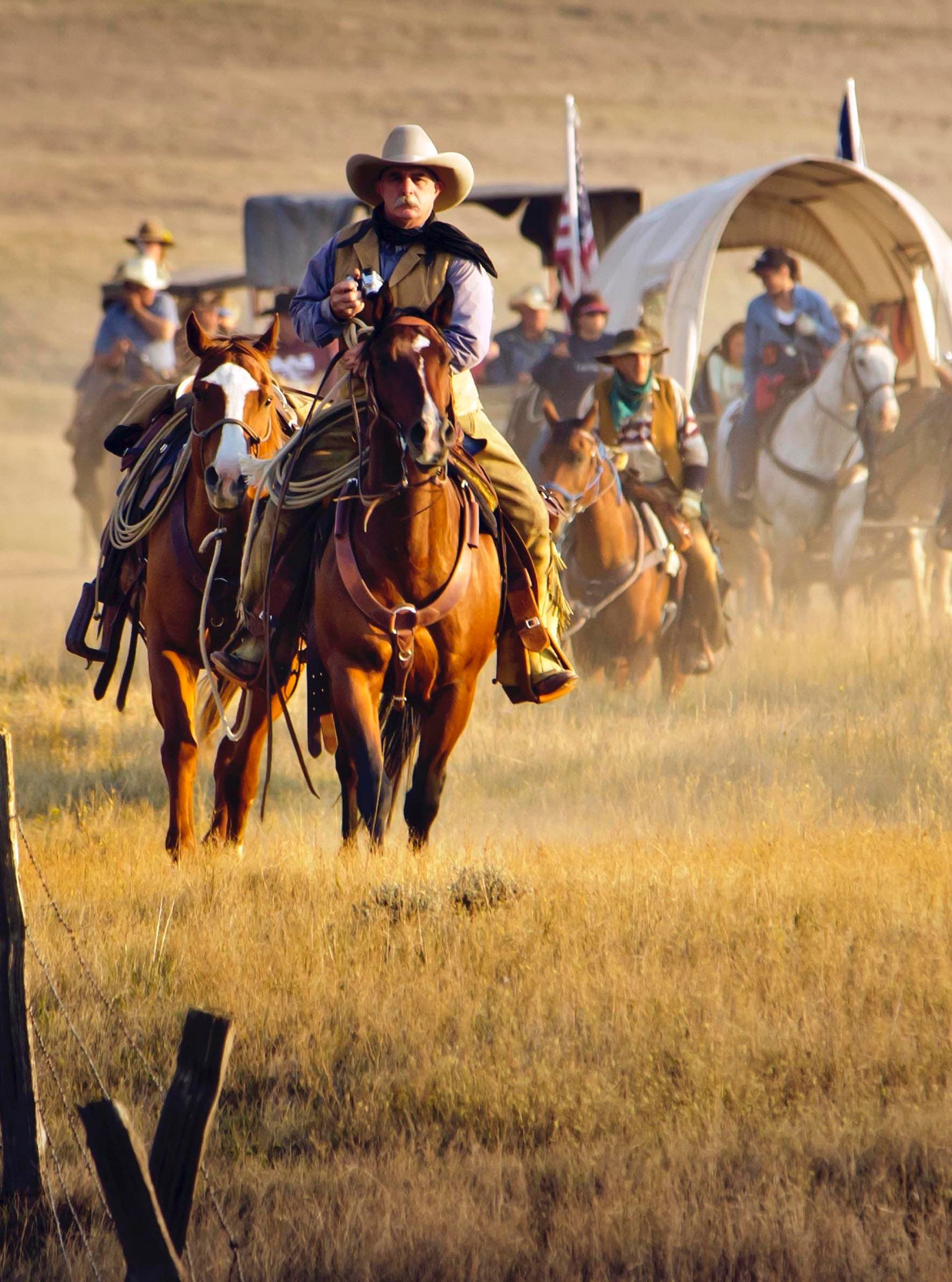
For Kids: The Dakota Territory & Wild West
Online Activities & Lessons for Kids
This lesson will take you back more than 150 years to before South Dakota was a state. Read about pioneers like Laura Ingalls Wilder and colorful characters like Wild Bill Hickok and have fun with the three activities.